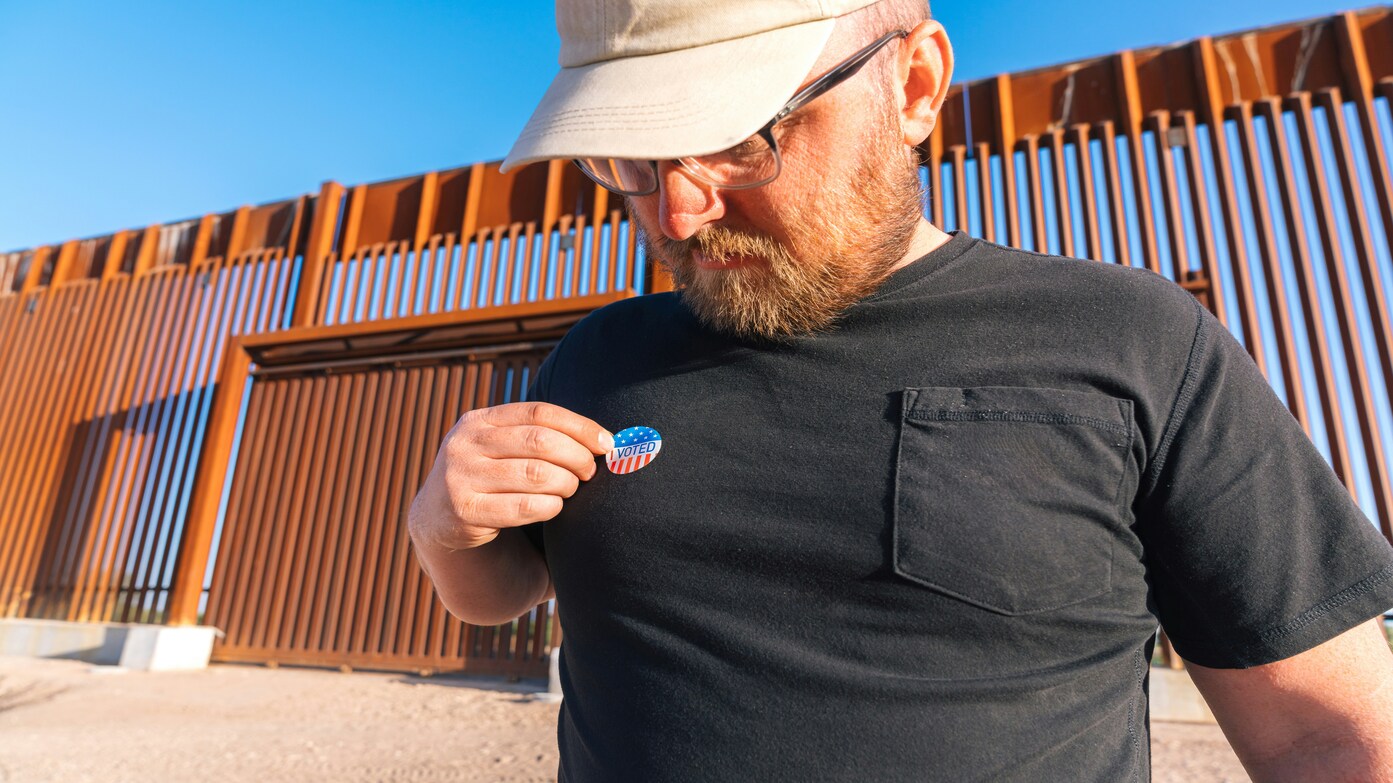Do You Have Humanitarian Parole? Here’s What to Do Following the Supreme Court Decision That May Implicate More Than 500,000 People
If you’re one of the numerous people in the U.S. on humanitarian parole from Venezuela, Cuba, Haiti, or Nicaragua, you might find yourself in the dark following a recent Supreme Court decision—and, yes, it’s understandable.
The ruling allows the federal government to continue to delay the humanitarian parole program that has allowed more than 550,000 migrants from these four countries to stay in the U.S. temporarily. This does not necessarily mean you’re going to be deported immediately, but it does put you in a legally vulnerable position—and this is the moment to take action.
What the Supreme Court Decision Means for You
Humanitarian parole has allowed some immigrants to enter the United States temporarily for urgent humanitarian purposes or for a significant public interest. It’s not a path to permanent residency, but it gave them protection temporarily.
With the Supreme Court aligning with the federal government to reinstate the suspension of the program, this protection no longer exists. Immigration attorney Luis Victoria said, “These people would be vulnerable to eventual deportation.” What that essentially means is that unless you rectify your legal status, you could find yourself in jeopardy in the future.
Read now: What is norovirus and what are its symptoms? How to avoid spreading the stomach bug.
You may still have legal options
Even though the parole program has been put on hold, there are still possible immigration opportunities depending on your unique circumstances. You need to explore the following:
- Asylum: You may be eligible for asylum if you fear persecution in your home country due to your race, religion, nationality, political opinion, or membership in a particular social group. Keep in mind that asylum generally must be requested within one year of arrival in the U.S.
- Family petition: If you have a close relative, such as a spouse, parent, or child, who is a U.S. citizen or a legal permanent resident, he or she can petition on your behalf for a green card.
- U visa: If you are the victim of certain crimes (such as domestic violence, assault, or trafficking) that were committed in the U.S., and you’ve assisted or are willing to assist law enforcement, you might be eligible for a U visa.
- T Visa: This is for victims of human trafficking who are qualified and willing to cooperate with law enforcement.
Attorney Victoria stressed that even when deportation cases start, most people will have a chance to argue their case in Immigration Court.
Get trusted legal help—Now
Most importantly, you can get legal representation from an experienced immigration lawyer. Don’t delay, and don’t consult with unlicensed “consultants” or “notarios.” They make promises they cannot fulfill and will ruin your chance to stay in the U.S.
You’re not alone—it’s time for action. Speak with a qualified attorney who can walk you through your options and help you decide on the best course of action. Your future here hangs in the balance on what choice you make today.

